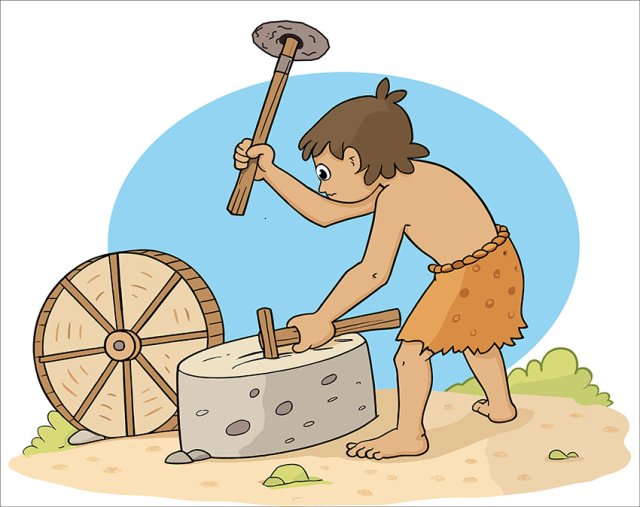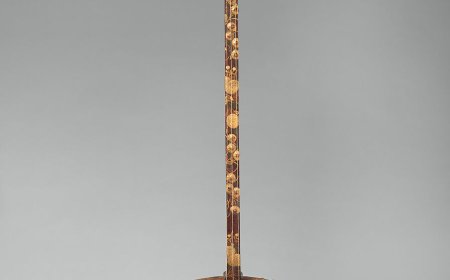What Is an Invention

🔥 Introduction: What Is an Invention?
An invention is something new that a person creates to solve a problem or make life better. It can be something small, like a pencil sharpener, or something world-changing, like the internet. Every invention starts with an idea. Over time, inventions have helped humans survive, learn, communicate, travel, and explore new worlds.
In this article, you’ll travel through time and discover some of the most important inventions in history—and meet the clever minds behind them!
🪨 Prehistoric Inventions: Surviving the Stone Age
Before schools, cities, or electricity, early humans had to invent tools just to stay alive.
🔹 Fire (about 1.5 million years ago)
Fire was one of the first and most important inventions. It gave warmth, protection, and a way to cook food. It also allowed people to explore darker places like caves and travel at night.
🔹 Stone Tools and Weapons
Early humans shaped stones into sharp tools for cutting, scraping, and hunting. Over time, these tools became more advanced, helping people to build shelters and make clothing.
🔹 The Wheel (around 3500 BCE)
The wheel made moving heavy things much easier. First used for pottery, it later became a key part of carts, wagons, and eventually modern vehicles.
Fun Fact:
The wheel wasn't first used for travel—it was used to help make pottery!
🏛️ Ancient Inventions: Building Civilizations
As humans formed communities, they invented ways to farm, trade, build, and communicate.
🔹 Writing Systems (around 3200 BCE)
The Sumerians invented one of the first writing systems, called cuneiform. Writing helped people keep records, share stories, and pass down knowledge.
🔹 Irrigation Systems
To grow crops in dry areas, ancient people created irrigation systems—networks of canals and ditches that moved water from rivers to farms.
🔹 The Calendar and Timekeeping
Early calendars helped farmers know when to plant and harvest. The Egyptians used sundials to track time during the day.
🔹 Roads and Bridges
Romans built strong roads and bridges to connect their empire, many of which lasted for centuries.
⚙️ The Middle Ages: Inventions That Changed the World
Though sometimes called the “Dark Ages,” this period saw many helpful inventions.
🔹 The Printing Press (1440)
Invented by Johannes Gutenberg, the printing press made it possible to copy books quickly and cheaply. This helped spread ideas and made learning more accessible.
🔹 Eyeglasses
The first eyeglasses were invented in the late 1200s in Italy. They helped people with poor eyesight read and write better.
🔹 Windmills and Watermills
These inventions turned wind and water into energy to grind grain, saw wood, and pump water.
💡 The Age of Invention: 1700s to 1800s
This was a time of major change, known as the Industrial Revolution. New machines made work faster and easier.
🔹 The Steam Engine (1700s)
Invented by James Watt and others, the steam engine powered trains, boats, and factories.
🔹 The Cotton Gin (1793)
Eli Whitney’s cotton gin made it easier to clean cotton, speeding up cloth production.
🔹 Telegraph and Telephone
Samuel Morse’s telegraph (1837) allowed people to send messages over long distances using Morse code. Later, Alexander Graham Bell invented the telephone (1876), which let people speak to each other across great distances.
🛩️ The 1900s: Speed, Science, and Space
The 20th century brought new energy, transportation, and communication inventions.
🔹 Airplanes (1903)
The Wright brothers made the first powered flight in 1903. Today, air travel connects the world.
🔹 Electricity in Homes
Thanks to inventors like Thomas Edison and Nikola Tesla, electricity powered light bulbs, radios, and appliances.
🔹 Vaccines and X-Rays
Medical inventions like vaccines and X-rays helped save lives and fight diseases.
🔹 Computers and the Internet
In the mid-1900s, giant room-sized computers became smaller and more powerful. The internet, developed in the 1960s–1990s, changed how people learn, work, and connect.
🚀 The 2000s and Beyond: The Future Is Now
We’re still inventing amazing things! Today’s inventions often use technology, robotics, and artificial intelligence.
🔹 Smartphones
Smartphones let us talk, text, play games, take pictures, and surf the web—all from our pockets!
🔹 Space Exploration
NASA and other space programs are sending robots (and humans!) to explore the Moon, Mars, and beyond.
🔹 Green Energy
New inventions like solar panels and electric cars help protect the planet by using clean energy.
🧠 What Inspires Inventions?
Most inventions start with a problem and an idea to solve it. Inventors often:
- Ask questions: “What if...?”
- Try and fail (sometimes many times!)
- Think creatively
- Work with others
- Keep improving their ideas
Sometimes inventions happen by accident, like when a scientist invented popsicles by leaving juice outside overnight!
👦👧 Kids Can Be Inventors Too!
You don’t have to be a grown-up to invent something amazing.
- Louis Braille was just 15 when he invented a reading system for blind people.
- Benjamin Franklin was 11 when he invented swim paddles.
- Anna Stork and Andrea Sreshta were students when they invented inflatable solar lights for emergencies.
What could YOU invent? All it takes is curiosity, creativity, and the courage to try.
🏁 Conclusion: Invention Never Ends
From ancient fire to future robots, inventions have helped humans live longer, travel farther, and dream bigger. Every invention changes the world a little bit—and sometimes a lot. Who knows? Maybe your idea will be the next one to shape the future!



















































